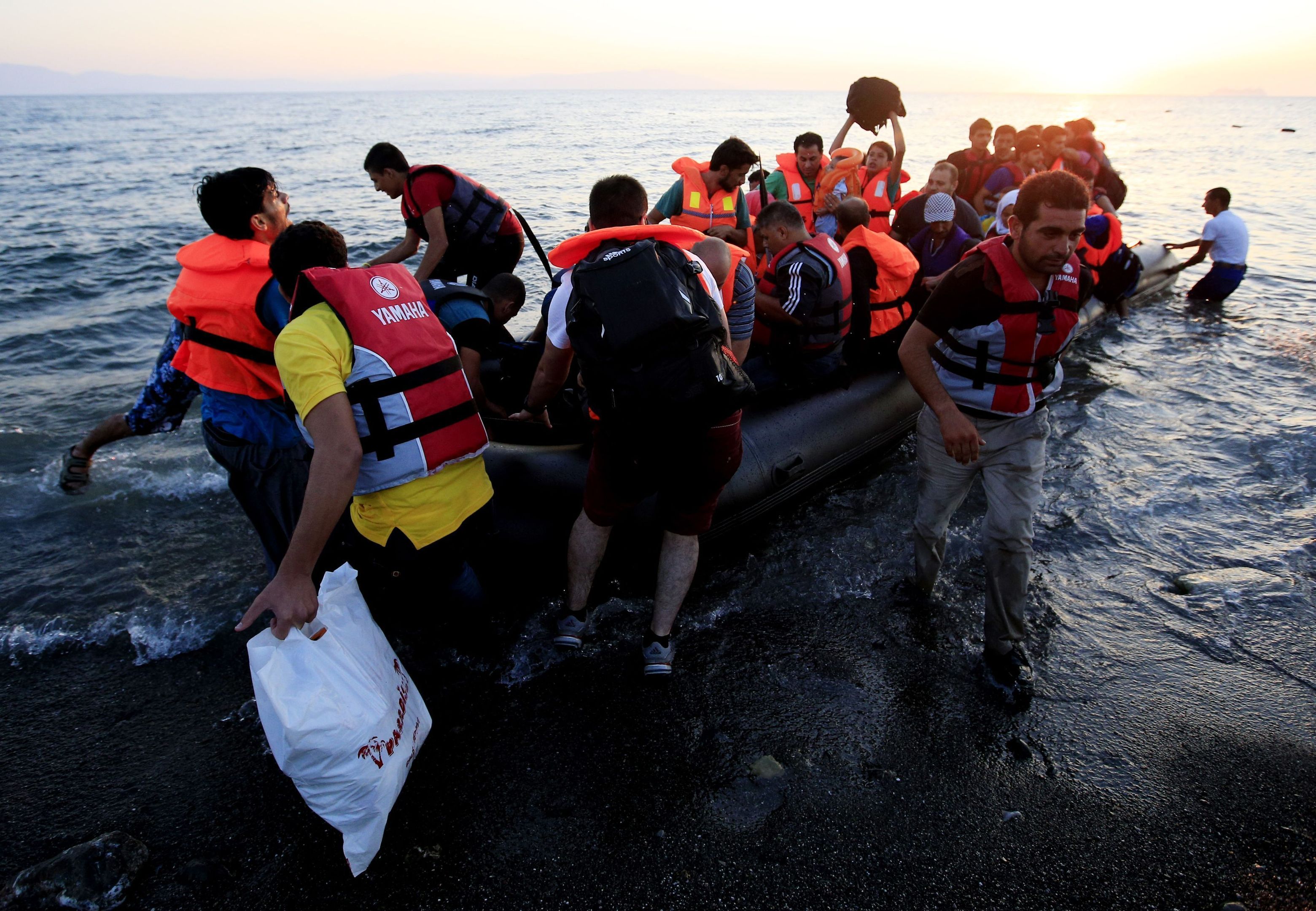The British public underestimates the number of refugees fleeing Syria by 4.5 million people, a report has found.
Nearly five million Syrians have been displaced by the civil war, yet Britons believe the figure to be closer to 300,000, the study says – 16 times fewer than official figures suggest.
The report also found the public believed the UK had accepted 10,000 Syrian refugees – twice as many as the latest official number of 5,000. The Government has pledged to accept 20,000 Syrians by 2020.
The Humanitarian Index compared six nations which have accepted refugees, revealing a huge public underestimation of the scale of the crisis and an exaggerated perception of their own governments’ response.
The US, UK, Germany, France, Iran and Lebanon were surveyed in the report, carried out by the Edelman group, a communications firm, as campaigners and charities meet this weekend at a humanitarian conference in Armenia.
According to the United Nations Refugee Agency (UNHCR), the conflict has caused 4.8 million Syrians to flee their homes since 2011 – more than the adult population of Scotland.
The survey, which claims to be the first of its kind to attempt to compare international opinion, conducted online interviews with 4,800 people from six nations, including 1,000 British adults representative of the general population in terms of age and gender.
Across the surveyed countries, the refugee crisis was seen as a more pressing issue than hunger, water and climate change. Half the people questioned said they thought the Syrian people had been abandoned by the international community.
It also found Britons have more faith in foreign leaders Angela Merkel and Barack Obama to sort the crisis than in their own prime minister. Just 39% of those surveyed in the UK said David Cameron was the most capable world leader to deal with the crisis.
And despite the continued uncertainty surrounding the future of the European Union, almost half of Britons back it in taking the lead on dealing with the crisis.
The index was carried out on behalf of the inaugural humanitarian award, the Aurora Prize, which is set to be handed out by actor George Clooney this weekend during a discussion between charities, delegates and organisations over the refugee crisis.
Vartan Gregorian, a member of the Aurora Prize selection committee, called for the public to be “better informed” on the facts surrounding the crisis.
He said: “The gulf between the public’s understanding of the refugee crisis and reality should weigh heavily on all of us.
“Underestimating the scale of the problem means that the public also underestimates the investment required to alleviate the crisis. A better-informed public would be in a position to compel governments to act.”
Oxfam accused the Government of “pretending this is someone else’s problem”.
Maya Mailer, head of policy and campaigns, said: “At a time when the number of people forced to flee their homes has reached record levels, it is shocking that the UK has taken in less than 1% of refugees. As the world’s fifth biggest economy, the UK can and should do more to help vulnerable people fleeing war, persecution and poverty.”
She added: “While the British Government has been generous in providing financial aid, it has just offered to resettle 20,000 Syrian refugees by 2020. This equates to each of our 69 cities receiving only around 60 people per year, hardly an influx.”


